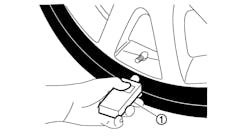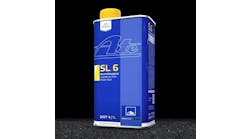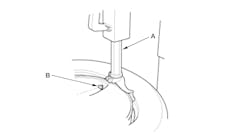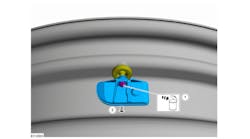In a report released by Kimberly-Clarke, information was revealed regarding the use of towels and the exposure to chemicals in automotive repair shops. The report found that towels, even after they have been washed, can cause exposure to metals, oil and grease.
The Automotive Service Association (ASA) noted that most auto shops now use reusable towels and that the trend is unlikely to change until there is a more targeted study of wipes in the automotive shop environment.
These kinds of toxins can easily be ingested orally through transfer from the towel to hands to the mouth. The report indicates that over time, toxins can accumulate in the body, possibly leading to cancer or tissue and organ damage.
In 2003, the EPA proposed to modify the Resource Conservation & Recovery Act (RCRA) hazardous waste regulations for management of solvent-contaminated industrial wipes. The agency proposed to conditionally exclude wipes that are disposed of from the definition of hazardous waste and to conditionally exclude laundered wipes from the definition of solid waste.
The EPA proposed a rule that year to allow disposable solvent-contaminated wipes and laundry sludge created from the washing of reusable wipes to be disposed of at municipal solid waste landfills (MSWLFs). The proposal was very broad, and did not specify the requirements of the MSWLFs that could accept the disposable items. In 2009, the EPA issued an edited risk assessment of the wipes rule, which demonstrated that multiple solvents on used wipes may pose a risk if disposed of in basic unlined landfills.
Following the EPA’s October 2009 risk assessment of disposal of used industrial wipes in unlined landfills, the agency proposed two new approaches to the issue. The first would permit solvents that pose no environmental risk in any unlined MSWLF. The second option would require all solvent-contaminated wipes to be delivered to landfills with greater prescriptive requirements such as the ones defined in subtitle D of the Resource Conservation & Recovery Act.
To view the full Kimberly-Clarke report, as well as further information related to rules associated with solvent-contaminated industrial wipes, visit ASA’s legislative website at www.TakingTheHill.com.



